Why is the “Awkward Phase” Disappearing?
Social media promotes impossible trends to conform to, affecting how one matures and their mental health.
February 16, 2023
The awkward preteen phase may be tremendously evocative to older generations, but this relatability is not shared among their younger counterparts. This period of growth and discovery leaves a huge impact on the road to revelation and truly finding ones’ self. It embraces experiencing eccentric makeup stages, fashion styles, and particular obsessions. However, this juncture has appeared to almost be demolished in recent years due to social media exposure and the pressure to conform to trends.
Social media inaugurates impossible standards – with the widespread use of social media and exposure to these platforms at a younger age, the period of discovery is skipped in preteens as they try to emulate the behavior, attire, and self expression of post-teen internet personalities. On social media platforms like Instagram and TikTok, for instance, older influencers could post tips regarding fashion or makeup or the need to look a certain way. Eventually, preteens will adopt this identity as their own and will begin to mimic their favorite influencer. It can even go as far as to emulate the way they talk or behave. A young, impressionable audience creates a large portion of TikTok and Instagram viewers – but adult influencers create a large portion of the content creators as well. The desire to grow up as soon as possible is even shown when preteens party, or seek out a girlfriend or boyfriend even if they are not ready. Comparing a preteen to an adult is like comparing apples to oranges – the measure of analysis is not one of equity.
“I’ve seen how detrimental comparing yourself to someone who seems picture-perfect online is. But, we must realize that there could be something behind the scenes for this person that we do not know about, and we are all beautiful in our own way.” — Jesse Lee (9)
Furthermore, these comparisons can affect the mental health of these preteens. The earlier exposure of social media not only allows maturation at an earlier age, but also the adverse mental health effects as well. Jesse Lee (9) asserts, “I’ve seen how detrimental comparing yourself to someone who seems picture-perfect online is. But, we must realize that there could be something behind the scenes for this person that we do not know about, and we are all beautiful in our own way.” A 2015 study discovered a relationship between social comparison and feedback seeking by youths utilizing social media and depressive, anxiety inducing symptoms. In addition, a 2013 study revealed that older teenagers who use social media passively, such as by simply browsing other people’s pages, expressed lower life satisfaction. Those who used social media as communication or to post content of their own were not affected by these drops.
While social media has encouraged creativity and connection, the inauspicious effects are seen predominantly in preteens, where they end up maturing at an earlier age and acquiring negative mental health effects.




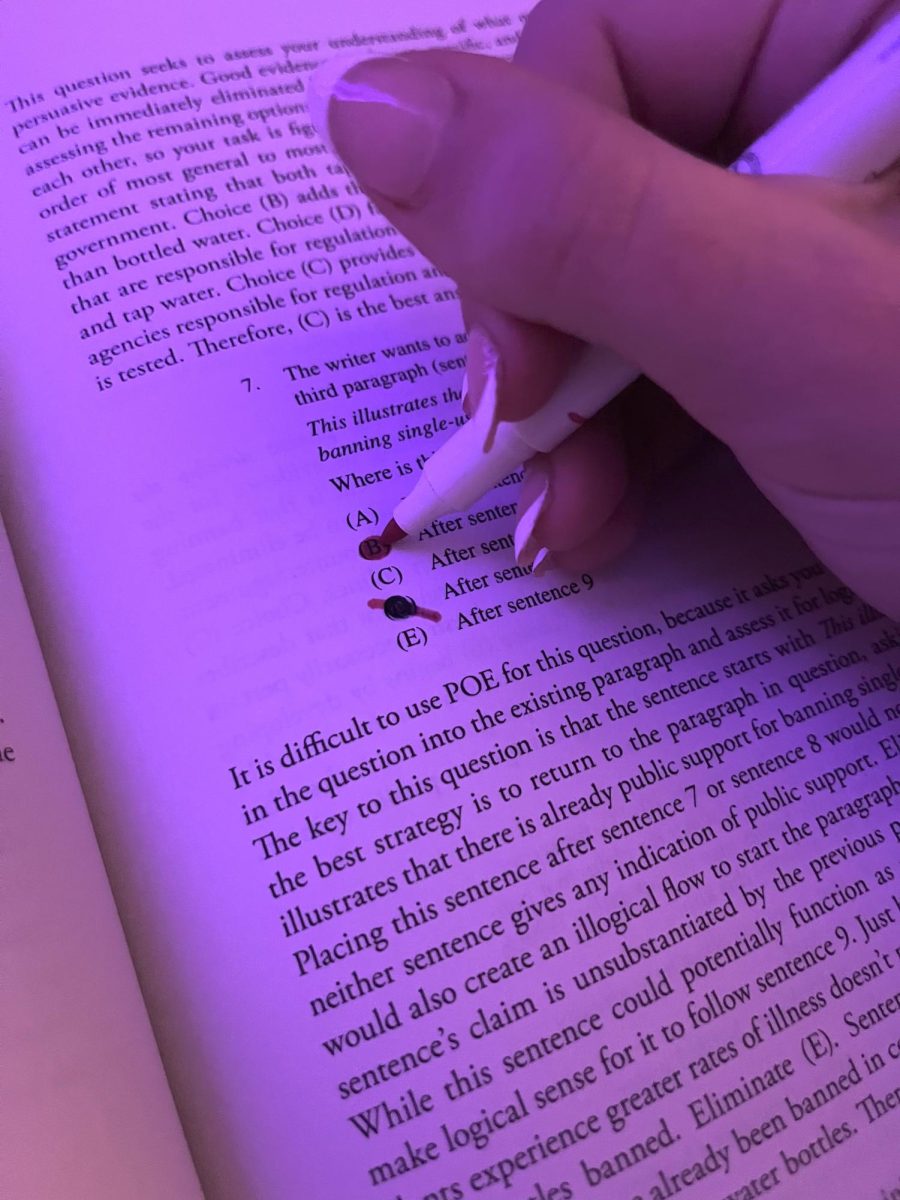




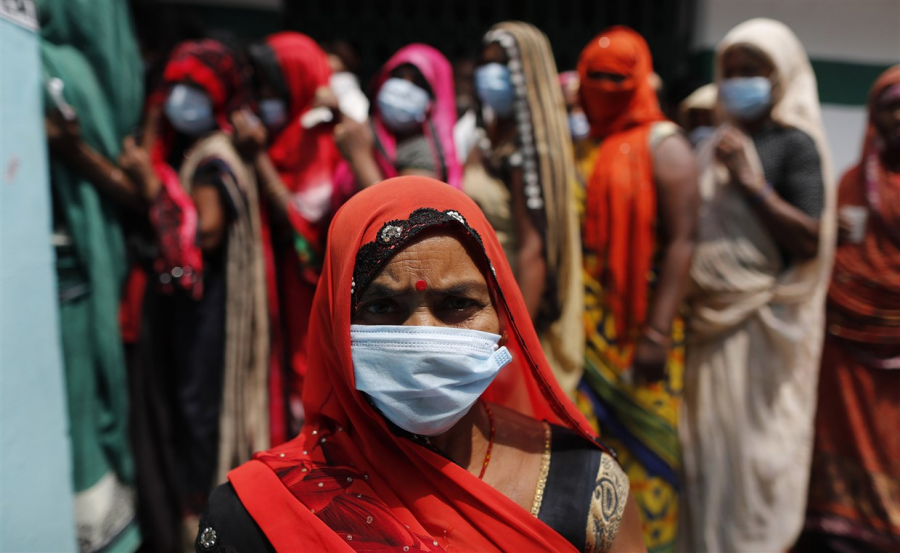



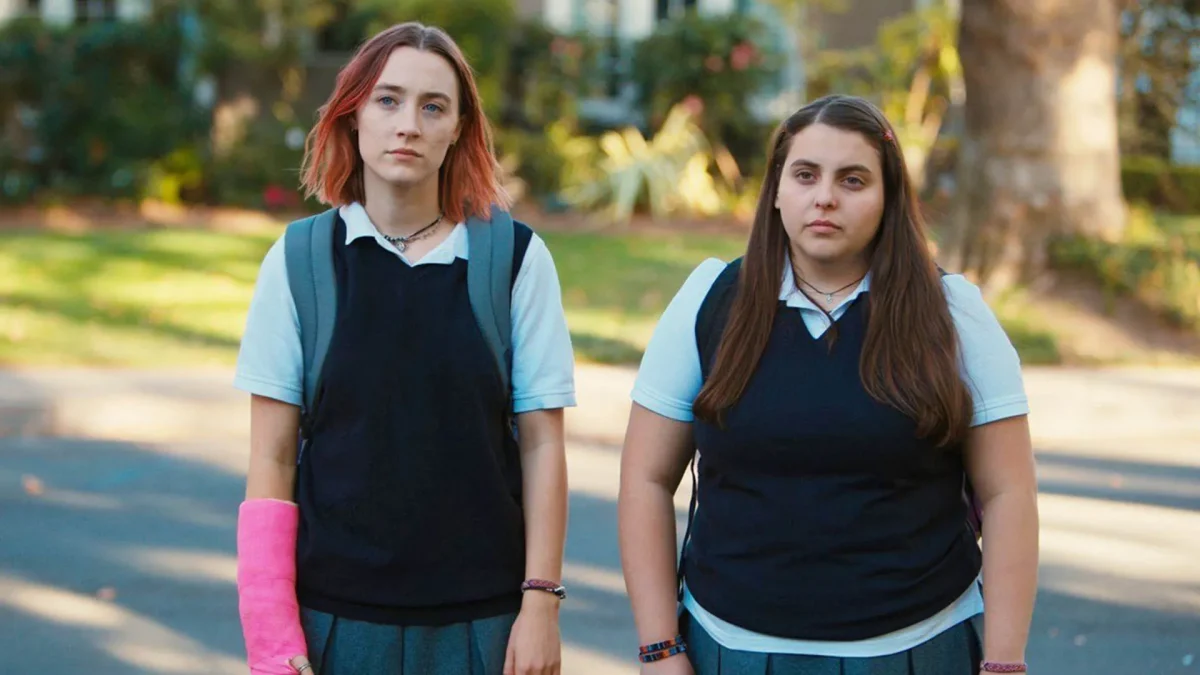


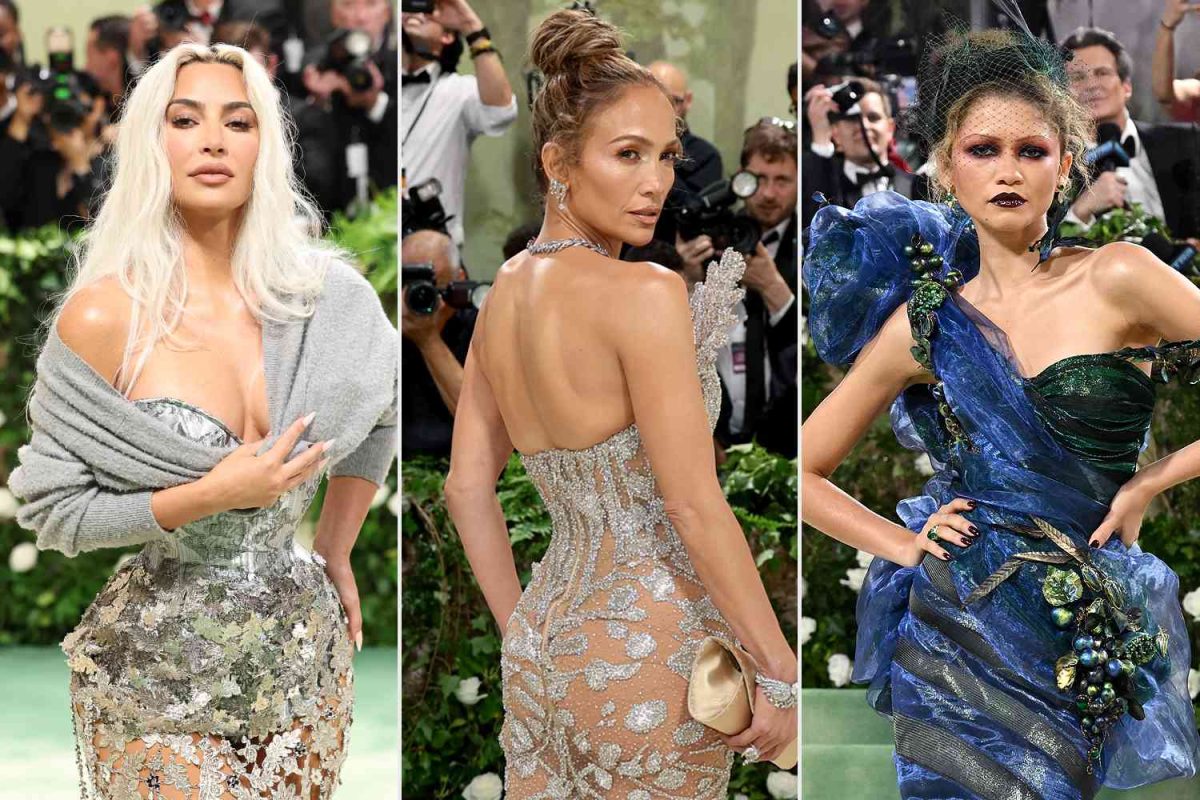
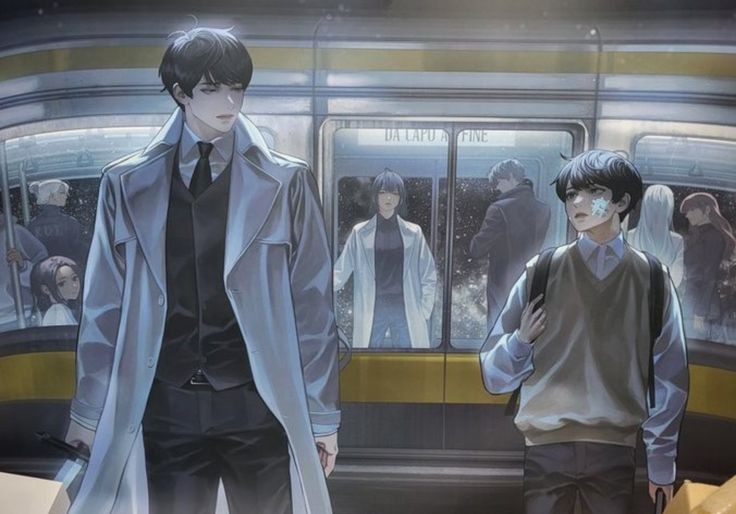
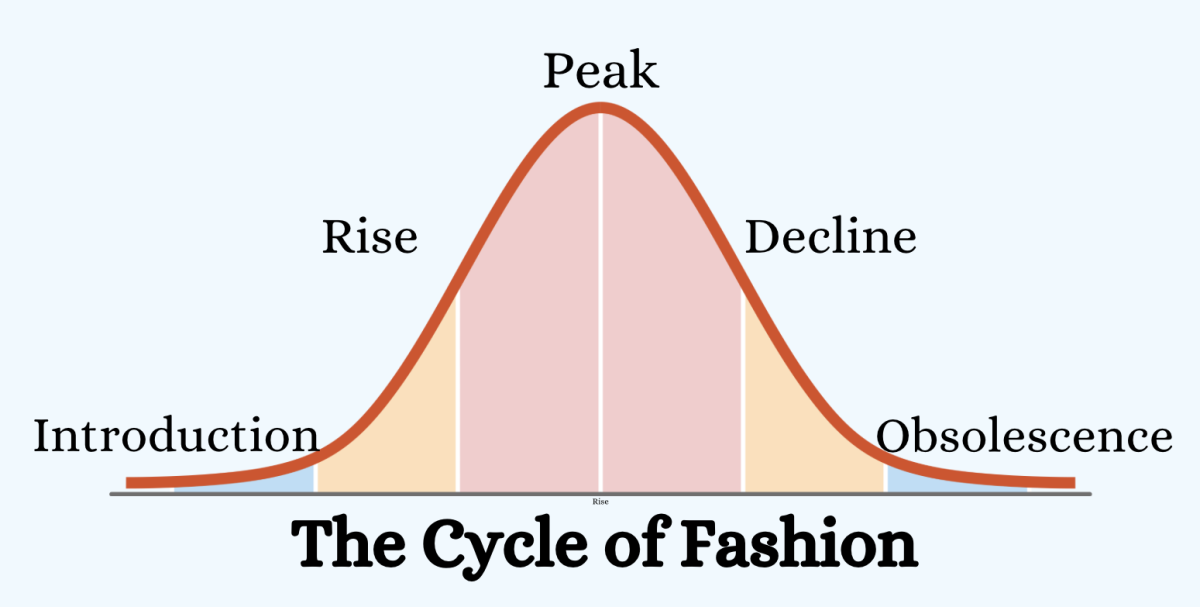

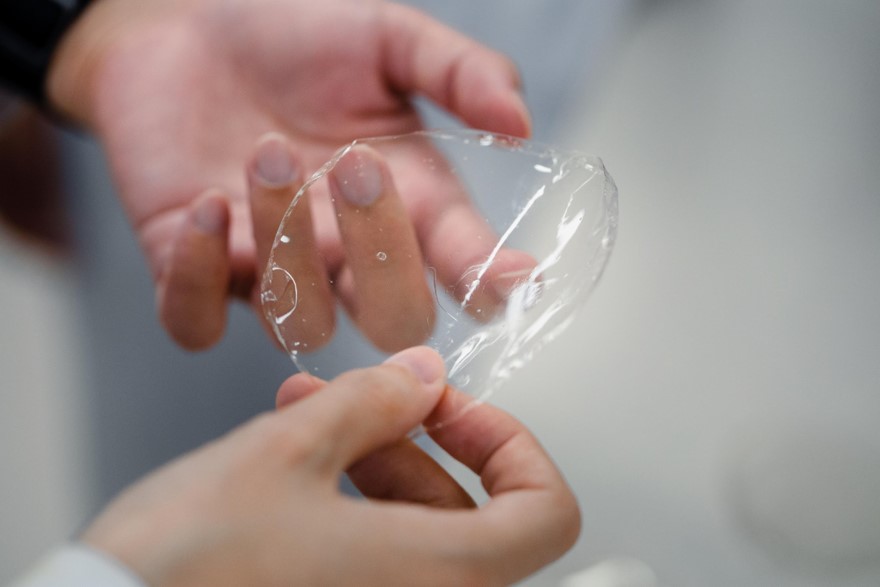

















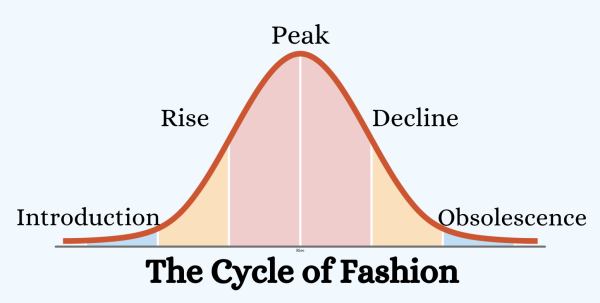

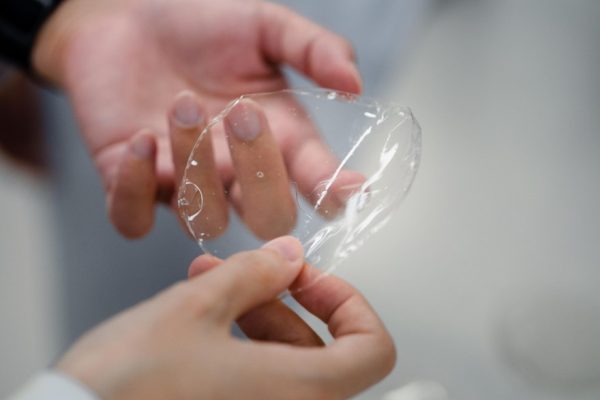



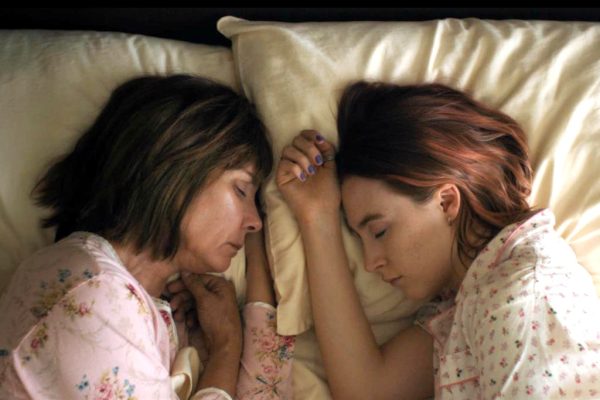

Natalie • Mar 9, 2023 at 7:25 AM
This article was very comforting to me, and I love how you emphasize the importance of accepting yourself for who you are.
Faith • Mar 9, 2023 at 7:23 AM
My friends and I were just talking about this! It is crazy to see how fast things change over the years. I really like the quote in this article, it is very thought out 🙂 Amazing article!
Anjeli Webb • Mar 9, 2023 at 7:23 AM
Great use of scientific studies to support your observations! I have experienced the disappearance of the awkward phase as well, and balancing statistics with anecdotes from our students makes for a well-rounded article! Thank you for elaborating on this phenomenon.
Simran Vaswani • Mar 9, 2023 at 7:20 AM
I think that this article has a very important message and is a good topic to write about. This was a good article! I really enjoyed the quote by Jesse Lee because it really exemplifies how we are all beautiful in our own way.